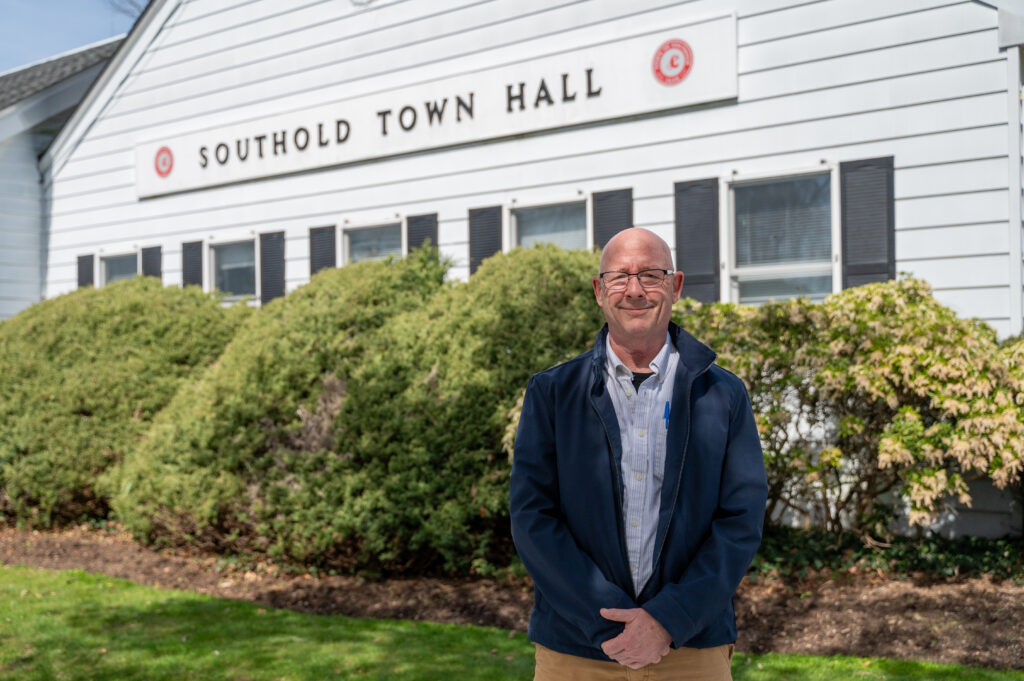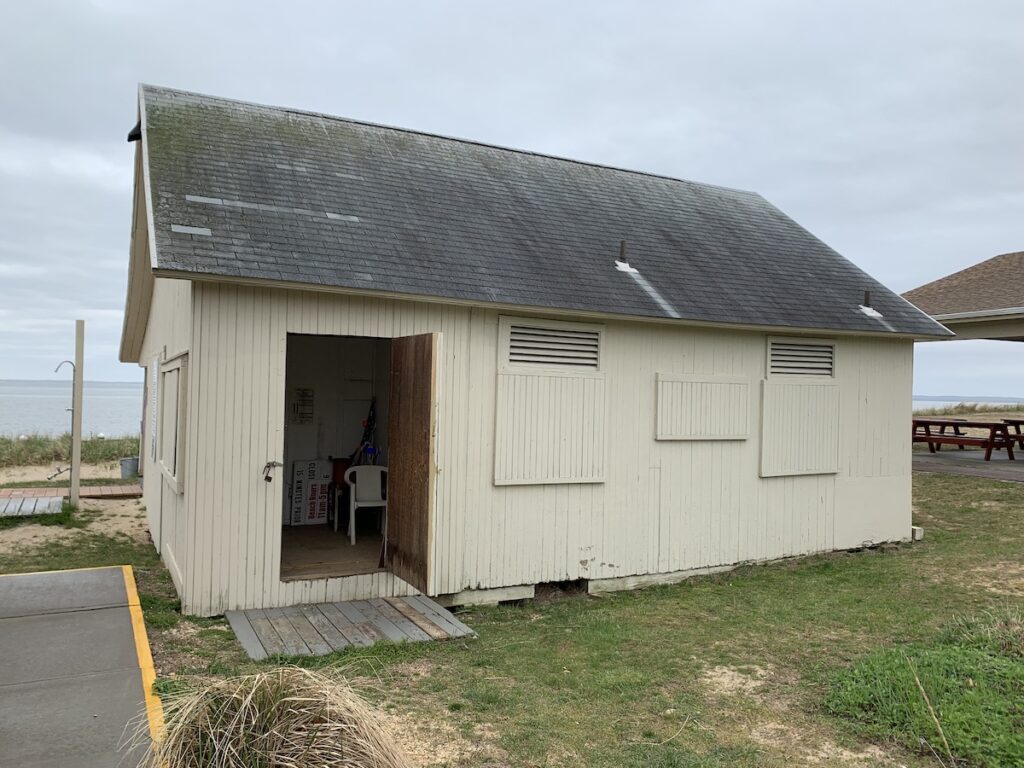Editorial: Welcome to suburban L.I., minority homebuyers

On Nov. 17, as part of its “Long Island Divided” series about housing discrimination on Long Island, Newsday published a story by veteran reporters Keith Herbert and Olivia Winslow.
Their story described 39 “test” interactions between black customers — both men and women — and real estate agents. “In 19 of those times,” they reported, “the testing suggested they experienced disparate treatment compared with matched white testers.”
One black man, 54-year-old Kelvin Tune, met with an agent who discouraged him from “considering houses in the bedrock Long Island community of Plainview.”
The series and its findings speak volumes about why we are what we are and why we look the way we do, at least in the western Long Island suburbs. Seventy-two years after ground was broken at former potato fields in Island Trees for the Levittown community, the results of this investigation ask us to consider what life is like for many residents and potential residents in one of the highest taxed suburbs in America, where taxpayers foot the bill for some of most outrageous public salaries and benefits anywhere in the country.
As part of the series, Newsday’s editorial board did something important: It acknowledged that the paper looked the other way in 1947 when William Levitt began to market homes under agreements that included this restrictive clause: “The tenant agrees not to permit the premises to be used or occupied by any persons other than members of the Caucasian race.”
There it is, the original housing sin. From 1947 to 2019 it feels like a straight line from Mr. Levitt laying it all out for everyone to see, to a black man in search of a home.
The editorial board also included in its report a remarkable piece of rediscovered history. On Oct. 14, 1947, just two weeks after hundreds of families happily moved into Levittown — many of them veterans fresh from the battlefields of World War II — Newsday published a letter from a reader, Arthur D. Millard, who wrote: “It’s a pity, but not surprising, that nonwhite veterans are not allowed to rent at Island Trees.” Mr. Millard, who identified himself as the grandson of a slave owner, added, “Isn’t it time we recognized the Negroes as fellow Americans?”
What has changed in the 72 years since that letter was written? Anything?
The response to the series has been immediate and supportive, with different groups and individuals offering their own shocked responses and vowing to formally investigate further. They should. What does Long Island aspire to be? A place where a black family can’t get a fair deal in a neighborhood? A place where overpaid politicians are hauled out of their homes by federal agents and put on trial for corruption? Is that all there is?
The Newsday series rightly gives Long Island another black eye. If Long Island ever wants to be what it professes that it wants to be — a high-tech hub, with a highly educated workforce — history has to be turned on its head. As very good as the entire series is, the best part might be the editorial board calling out the paper’s early owner for turning a blind eye to the real estate ethnic cleansing initiated by Mr. Levitt.
Another important point is one that’s ripe for the times we live in, when people occupying some of the highest offices in the land brand the news media as purveyors of fake news, enemies of the state or occupants of some basement-level deep state, plotting to bring down the government while their mothers make their beds. Many of those who buy into these lies profess to love their country, the Constitution and the rule of law. They don’t. It’s a political act.
Newsday’s series has a name: public service. It reminds some of us, anyway, that when newspapers are perceived as weak, public corruption soars. Where they are strong and focused and willing to do battle, as Newsday was with this series, out come the handcuffs. And where corruption is deeply rooted in a community’s DNA, government for and by the people is the myth we tell each other to help us sleep at night.
Yes, this is a cliché, but right for the times: The truth matters. Read it.








